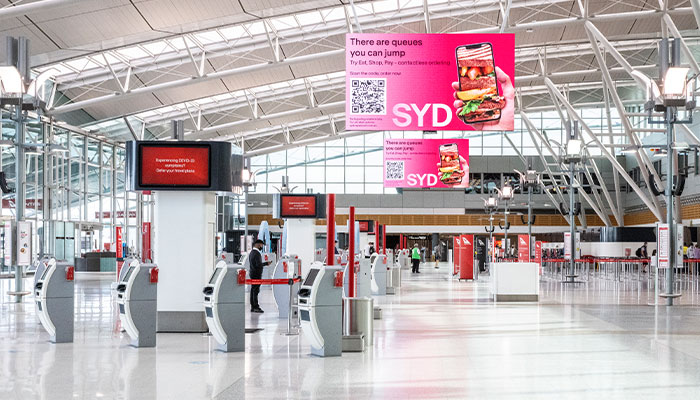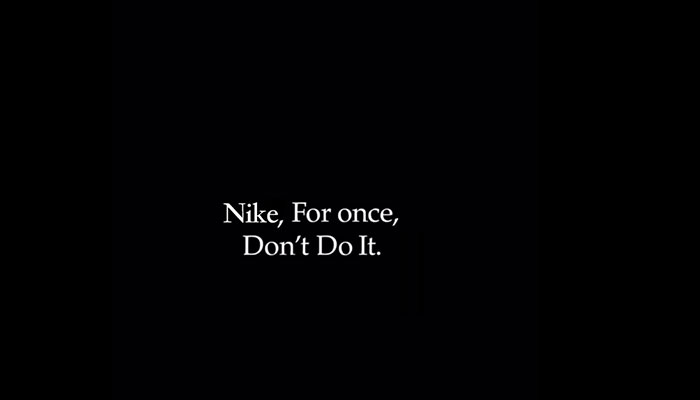The COVID-19 pandemic has forced many firms to revisit how they look after loyal customers.

Status check: To keep loyal customers happy, companies need to find different ways to prevent the damaging impacts of point expiration and status demotion, the researchers say.
Enforced border restrictions impacting many countries meant millions of people have been unable to redeem points or enjoy the privileges associated with customer loyalty programs.
“Firms that have long used points and status rewards to keep regular customers happy have had to be flexible or risk alienating their most important clients,” says Macquarie Business School Associate Professor Riza Casidy.
“Many companies have adjusted their policies, allowing members to keep their status and points throughout the pandemic.
The threat of losing points and status drives customers to purchase more.
“Singapore Airlines extended its KrisFlyer elite membership and miles expiration for two consecutive years during the pandemic to allow customers to maintain their status and use points beyond the original expiry date.
“Similarly, Marriott extended its elite membership and point expiration to provide customers with ample time to redeem points and enjoy their elite status.
“With border restrictions now being lifted around the world, travel looks set to bounce back to pre-pandemic levels.
“This means companies may stop extending expiration dates for loyalty schemes, forcing consumers to either use their points or status credits by a fixed date or lose them,” said Casidy, Director of Research from the Department of Marketing.
Casidy and Georgia Southern University Professor Hyunju Shin conducted three studies examining how customers react to loss of points and status demotion to identify what companies might do to optimise their loyalty programs.
Points expiration and status demotion
“In a typical loyalty program, reward points that are accumulated but not redeemed will expire after a certain period,” says Casidy.
“Moreover, customers must spend enough money during a certain period to maintain their elevated status.
“This encourages customers to keep spending their points and money at a certain level within a period of time to enjoy the benefits associated with their status.
- The science of letting for, for the sake of your hip pocket and the planet
- Single sex v co-ed: which is better for kids' education?
“The threat of losing points and status drives customers to purchase more. But we know little about how customers react to points expiring and status demotion - and which of these matters more to customers.
“Understanding the adverse impacts of this from a customer perspective is important as it will help firms optimise their loyalty program strategies,” Casidy adds.
How customers react to expiration
Casidy and his colleague conducted three studies to find out customer reactions to point expiration and status demotion.

Grounded: With travel made difficult by COVID-19, firms have had to be flexible or risk alienating their most important clients.
The first study involved 120 American respondents. Participants imagined that they had become a GOLD member of a fictional hotel.
In one condition, participants were told that they had not met their membership requirements – and lost points while retaining their GOLD status.
Other participants were told that they had not met membership requirements and would lose status while retaining their points.
Firms could send regular updates about existing reward points and membership status.
The study found that compared to losing status, point expiration lead to more negative customer reactions toward the firm.
Another fictitious hotel scenario – involving 196 American participants – revealed that point extension was again preferred to status extension.
The findings from these two studies showed customers’ general preference to have control over the process of point accumulation and redemption. The removal of status had less impact of customer sentiment.
The final study that factored in status awarded as part of the promotional gift under a fictitious airline loyalty program further cast doubt over the value of such schemes.
What should firms do?
Casidy’s research revealed point expiration 'hurts' customers more than status demotion and that point extension is a more effective remedy to win customers back.
Given that point expiration and status demotion are common strategies used by firms to keep loyal customers engaged, firms should not completely abandon their point expiration policies or advocate status demotion.
“Companies need to find different ways to prevent the damaging impacts of both policies,” Casidy said.
“For example, firms could send regular updates about existing reward points and membership status and alert customers about upcoming re-evaluation periods.
“More importantly, our study shows that when firms plan to gift status to some customers, they should define specific terms under which point expiration and status demotion will occur.
“Our results are great news for service companies as they show businesses should focus marketing budgets on cultivating loyalty among deserving customers rather than unnecessarily extending status elevation to unqualified users,” Casidy adds.
Associate Professor Riza Casidy is Director of Research in the Department of Marketing at Macquarie Business School.



